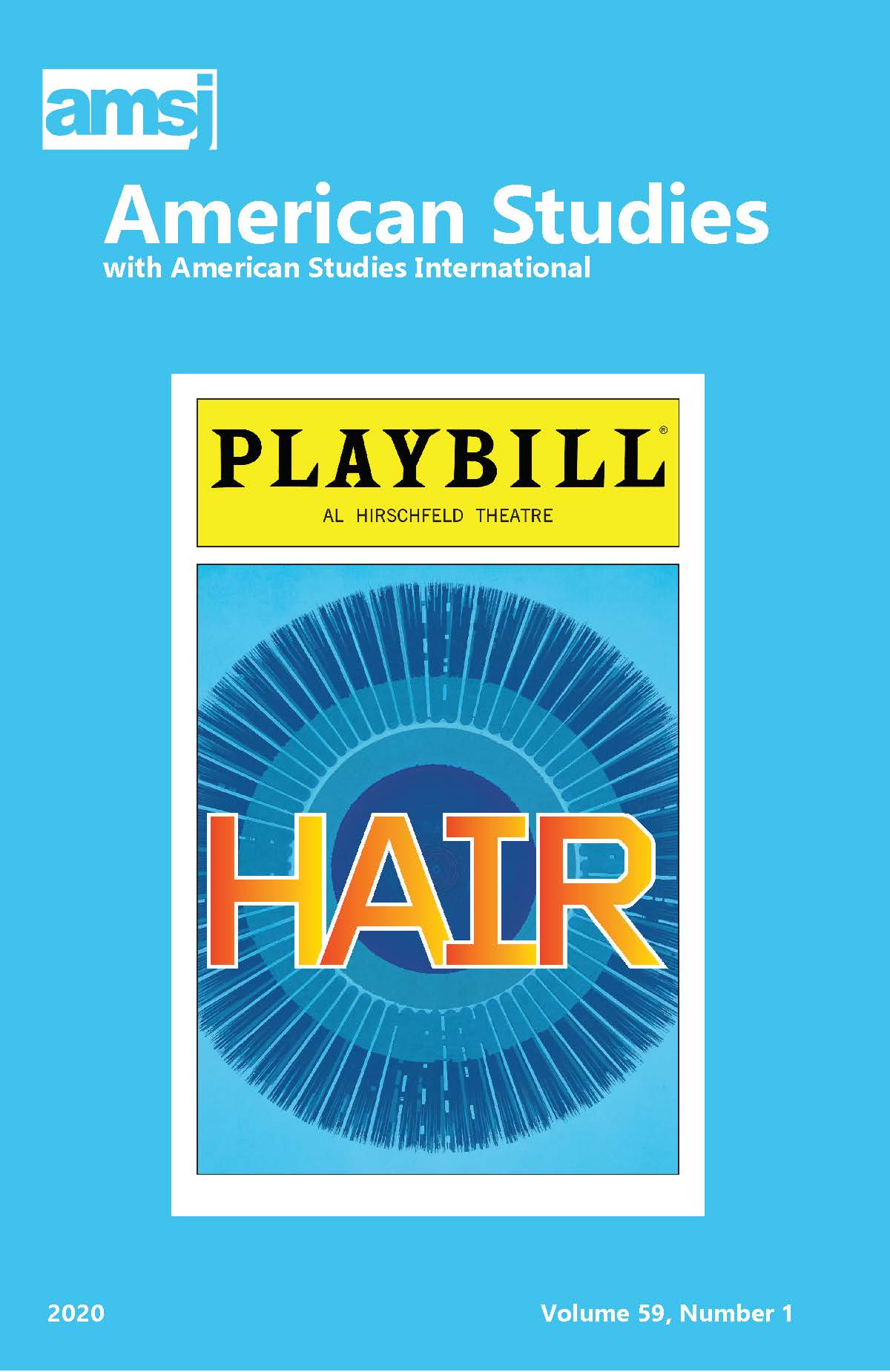Abstract
Deborah Paes de Barros
English Department
Palomar College
Abstract
Call Me Shamu: Moby Dick as Posthumanist Whale’s Tale
Melville’s epic novel, Moby Dick offers, among other things, an examination of the ethics of hunting whales in order to fuel the nineteenth century and the American Industrial Revolution. In this sense the work is remarkably prescient of the twenty-first century’s interest in animal studies and animal rights. But Moby Dick also raises the larger postmodern/posthumanist question of what constitutes humanity. Consciousness, suggests Melville, is not an aspect of being human; it is a quality of the cosmos.
These questions regarding the philosophical significance of the whale plague us still today as we witness debates regarding SeaWorld and the commentary offered by the documentary Blackfish. Are these leviathans referents of an anthropomorphic sentimentality? Are they dangerous monsters or simple currency in a larger system of capital? These whales swim in what Derrida in his The Animal That Therefore I Am refers to as the “symbolic economy.”
In her own essay on posthumanism and on “De-Oedipalizing in the Animal Other,” Rosi Braidoti argues that the animal Other—from King Kong to Speilberg’s Jurrasic Park’s dinosaurs—is “zoomorphed” into the deviant and monstrous. Certainly Moby Dick, Shamu and his evil double, Tilikum, operate within this paradigm. They are the Other.
“Call Me Shamu” is an essay that explores these points, reading Moby Dick, Blackfish, SeaWorld and the literary history of whales through the lens of literary, posthumanist and animal studies.
All items © Mid-America American Studies Association
Authors: If you prefer to remove your text(s) from this database please contact the editor.

